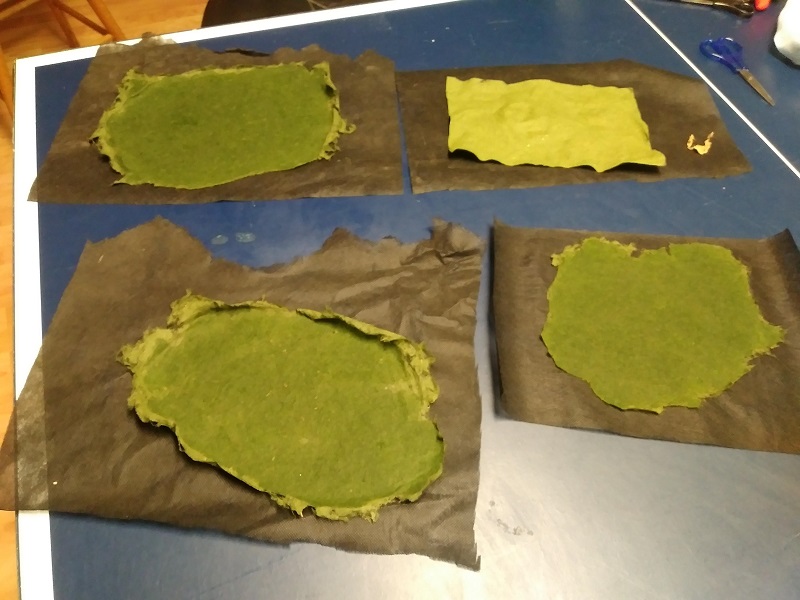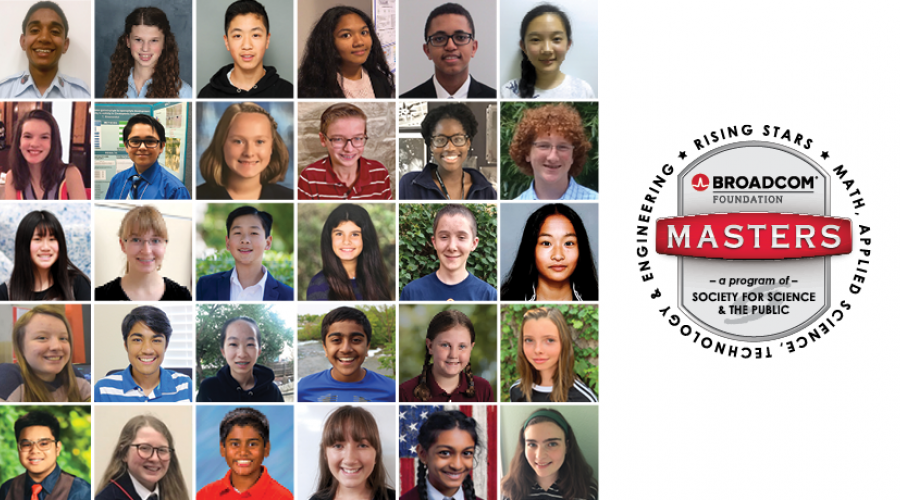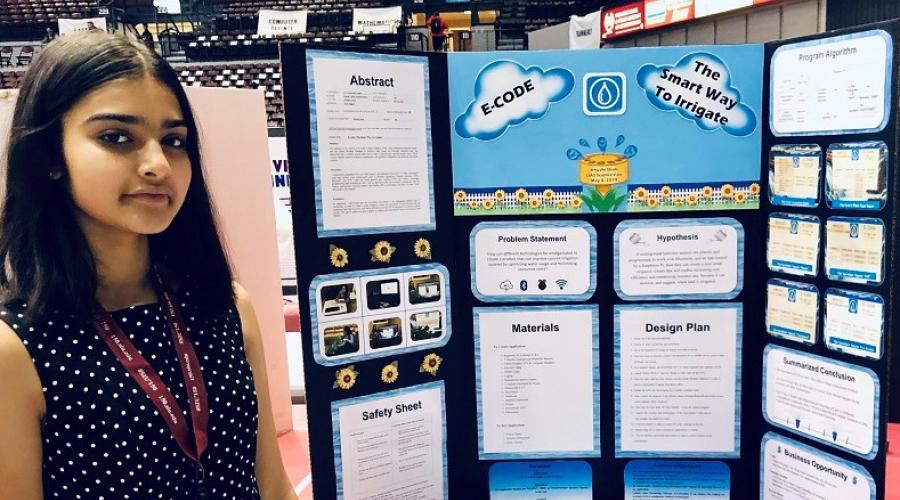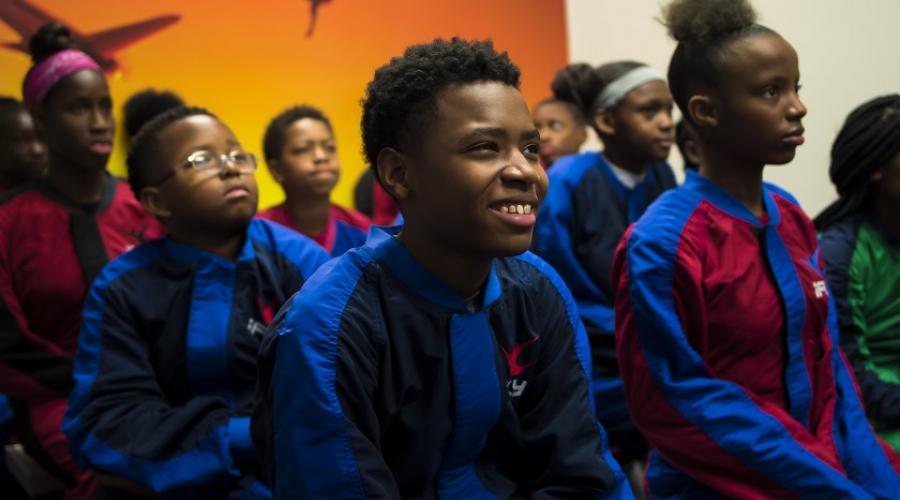2,805 results found for "2"
Blog Post
Harvesting wild algae to make paper
Mission and History
Founded as Science Service in 1921, the Society for Science has been dedicated to expanding scientific literacy, access to STEM education and scientific research for more than 100 years. As a nonprofit 501(c)(3) membership organization, our mission promotes the understanding and appreciation of science and the vital role it plays in human advancement: to inform, educate, and inspire. We are best known for our award-winning magazine, Science News, our world class science research competitions and our outreach STEM Programs making sure that every young person can strive to become an engineer or scientist.
Middle School Research Teachers Conference
This annual conference brings 50 middle school STEM teachers to Washington, DC, all-expenses-paid, for a weekend of peer-led professional development. The conference focuses on leading students in research projects that can be entered in local science fair, eCybermission, and other science research competitions.
Jobs and Internships
Founded in 1921, Society for Science is a nonprofit membership organization. Its vision is to promote the understanding and appreciation of science and the vital role it plays in human advancement: to inform, educate, and inspire. The Society operates from its original historic home in the Dupont Circle neighborhood of Washington, D.C.



